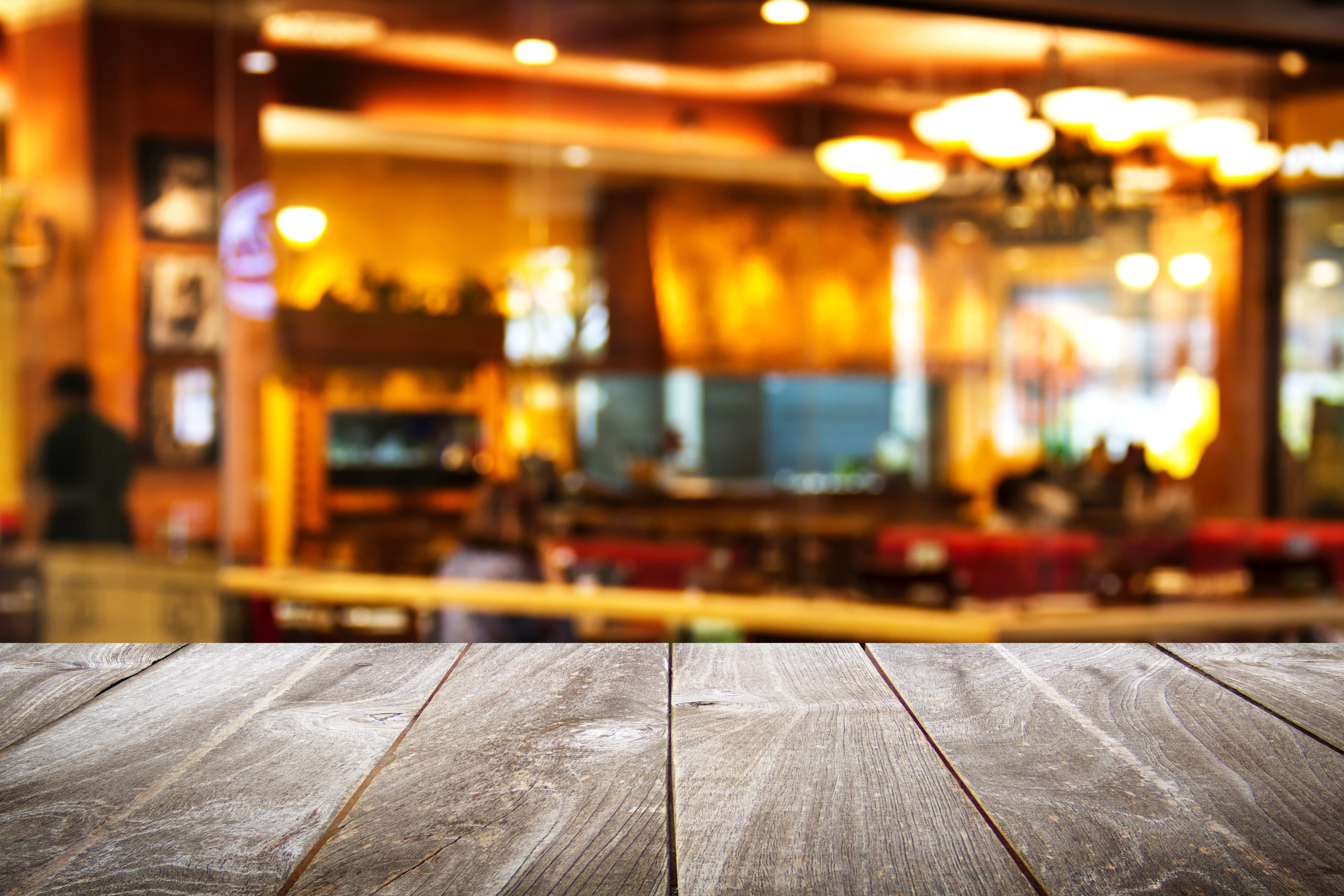
Dram Shop Laws and Bar Liability
“Dram shop laws,” also known as liquor liability laws, are in place to hold bars, taverns, restaurants, and other establishments that serve alcohol responsible for over-serving and serving alcohol to minors. These dram shop laws got their name from Colonial-Era taverns where alcohol was served by the dram, a unit of liquid measure used commonly at the time.
Dram shop laws (except in certain cases) do not serve to protect the person who was over-served. Rather, they protect third-parties who are injured by the negligence of the bartender, waitress, server, or other alcohol server. For example, say a man sits at the bar and orders drink after drink for several hours. After an hour or two, the man is slurring his words and nearly falling off the barstool, but the bartender pours him another. Afterward, the man gets into his car and causes a major accident on his way home. The other drivers involved in that accident could bring a liquor liability lawsuit against the establishment for over-serving the man.
Dram shop laws hinge on the fact that the bartender or server sold alcohol to someone who was “visibly intoxicated.” New Jersey law defines visible intoxication as “a state of intoxication accompanied by a perceptible act or series of acts which present clear signs of intoxication.” No matter whether it’s a bar, hotel, catering hall, or some other type of alcohol-serving establishment, sellers are not permitted to serve visibly intoxicated patrons; violating this duty can open up the establishment to liquor law liability.
However, keep in mind that bringing a dram shop lawsuit is not always easy. After an incident of this nature, most alcohol-serving establishments will claim it was the patron’s personal responsibility to monitor their own alcohol level and keep themselves out of trouble. Someone who is injured as a result of negligent service can only recover damages if:
- The server is deemed to be negligent.
- The negligent service of alcoholic beverages was the immediate cause of the injury or damage.
- The injury or damage caused was a foreseeable consequence of the negligent service.
New Jersey’s dram shop law is somewhat unique because it allows for “first-party” cases. Most liquor liability cases are “third-party cases,” in which someone over-serves the alcohol, someone over-consumes alcohol, and then a third party is injured as a result. However, in New Jersey, a first-party case can apply for minors. If someone under the age of 21 is served alcohol at a bar or restaurant and injures themselves as a result (i.e. in a car accident, in a serious fall, etc.), he or she could sue for damages. This portion of dram shop law is intended to discourage serving underage patrons, which opens up the business to serious liability.
Liquor liability law can play a part in a number of dangerous situations, including:
- Driving under the influence, which killed 164 New Jersey residents in 2012.
- Consumption of alcohol by a minor
- Assault
To learn more about liquor law liability and how it is used to defend an injured person contact us, we’ll be happy to answer all of your questions.
Recent Blogs:
- Social Host Liability Laws
- Injured at a College House Party?
- Am I liable for injuries caused by a drunk guest at a party I hosted?
- Can I Sue a Bar After an Alcohol Related Accident?

















